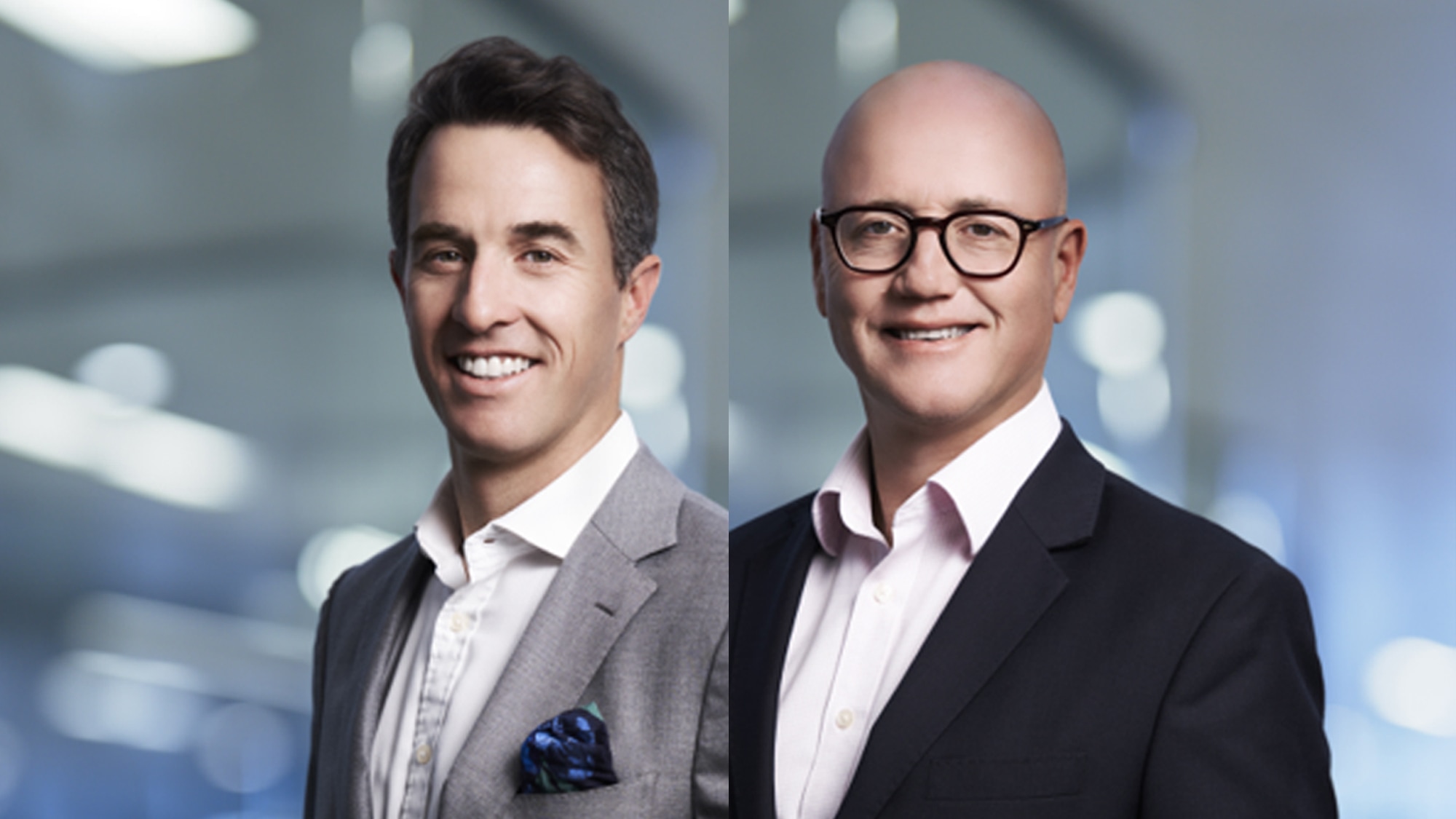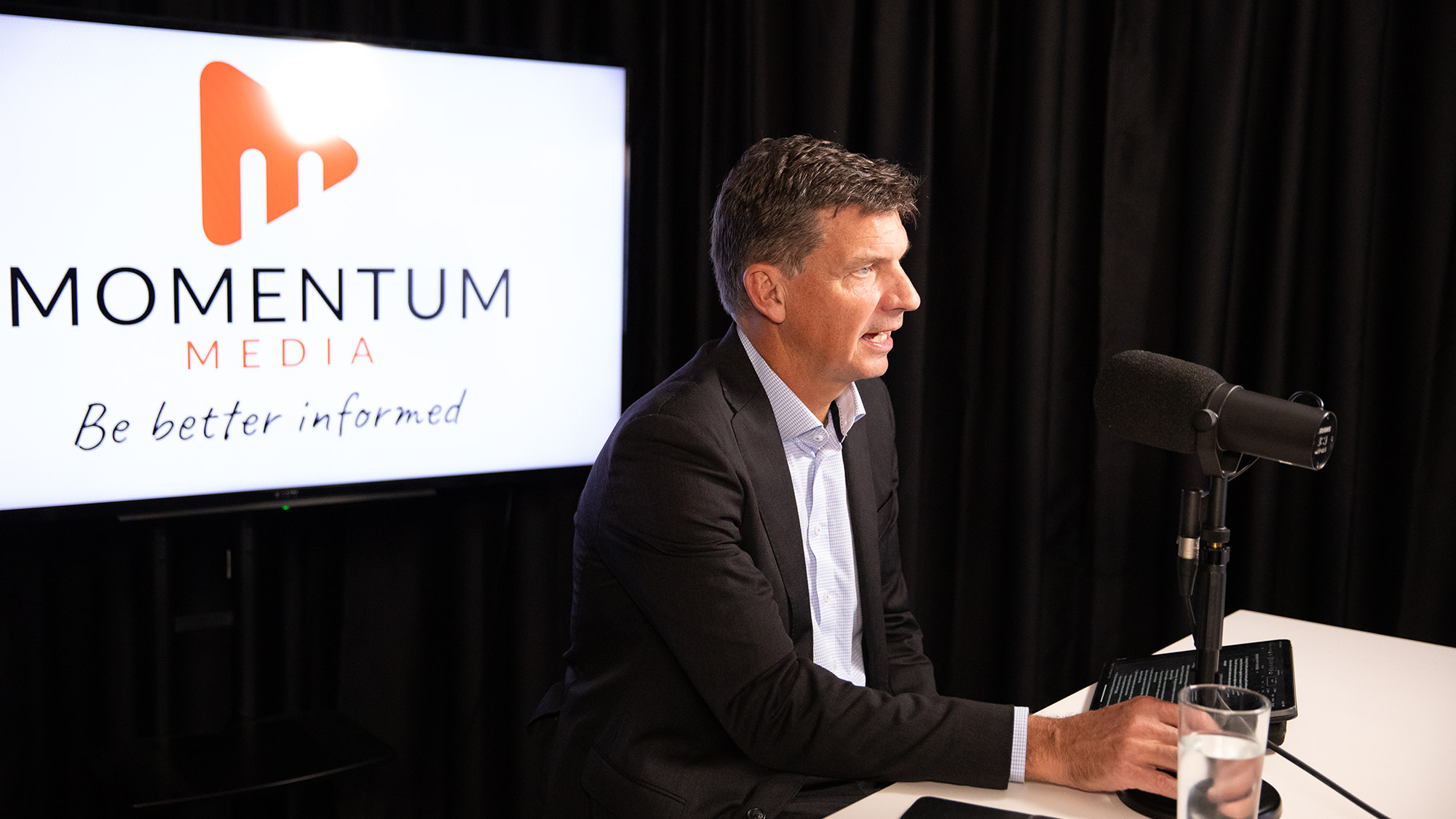E’s not just for environment in ESG investing


In part two of the article on responsible investments, Nicholas O'Donoghue writes that the environment is not the only ‘e’ being considered when investors think of ESG investing, with ethics also a key consideration.
MacLeod believes ethical behaviour is a core factor for successful responsible investment.
"When you start to ask yourself why, you realise that ethical behaviour, good business conduct, has a lower risk framework, therefore the long-term adjusted risks are always better," he said.
"The whole generalised space of ethical and impact good investing, has changed in the sense that the sales pitch isn't now ‘take a cull on your return and do the good thing', it's ‘do a good thing and get, over the long-term, a superior return to the general market'.
"If you're a long-term investor, you want to invest ethically, because you don't want to be holding the can when bad behaviour gets caught."
Impact investing
Taking the responsible approach "a couple of steps further", investors can put their money to work in ventures that not only provide a return, but also make an impact.
"What impact investing does is taking it a couple of steps further and really recognising that doing good for local communities is good for business," he said.
"It's not an and/or proposition... it's really the right thing.
"BHP Billiton believes firmly in helping achieve the Millenium Development Goals. When you ask why does a mining company have any interest at all in bringing the world out of poverty, the answer is quite simply you bring the world out of poverty — more people want steel, more people want copper, more people want aluminium.
"Broad-based economic growth is essential to the long-term interests of the resources companies."
Philanthropy with returns
O'Connor said there has been a spike in family offices, wealthy individuals, charities and corporations looking to produce positive change through impact investing.
"What was done in the past was that charities and family offices invested money somewhere, there would be interest earned and they would give that money away through their philanthropic ventures," he said.
"Now what we're seeing is that some of that endowment is actually being invested in impact products and types of investments that create a positive social environmental impact while generating a return.
"So it puts investments to work harder to create a positive impact rather than just philanthropy."
Rio Tinto v Barrick Gold
For MacLeod, Rio Tinto has produced a strong example of impact investing, through its funding of educational, health and water services with indigenous communities.
"What Rio Tinto talks about now as part of their land use agreements with indigenous communities is, rather than talking about employment — that is ‘I'll guarantee you 100 jobs for the local community', which when you do that is always the lowest paid jobs — they say ‘I'll guarantee the employability of the local community by putting in education and health standards, and that means I will always take the top 100, because I'm going to be a good payer. But now I get better quality staff for what I pay for'," he said.
"You can monetise this."
MacLeod contrasted the success of Rio's approach with Canadian miner Barrick Gold, who run their Porgena mine in Papua New Guinea (PNG) at a cost of $1100 an ounce, marginally less than the listed price per ounce.
"Their largest line item cost of production is the cost of flying in and flying out staff from the rest of PNG... and the reason they have to fly staff in and out all the time is because they can't hire enough people locally, because their education and health standards are not good enough.
"If 20 years ago, Barrick Gold had invested in primary school, secondary school, vocational education and training, primary health and water supply, they would be able to hire locally and their cost of production would be $750 an ounce.
"This is what Rio Tinto does, it just makes good sound business sense when you look over the long-term."
Read part one of Nicholas O'Donoghue's report: A green thumbs-up to responsible investment
Recommended for you
Money Management spoke with two brand consultants to how Perpetual can best rebrand its business as the 138-year name is sold to private equity firm KKR.
Pinnacle remains a “standout” fund manager, according to Morningstar, amid a challenging backdrop for active asset management and the addition of a new global equities affiliate from the UK.
Platinum Asset Management saw outflows of $1.65 billion in April, partly as a result of redemptions from institutional mandates and product rationalisation initiatives.
In this latest Meet the Manager profile, Money Management speaks with Ophir Asset Management co-chief executive Andrew Mitchell.














